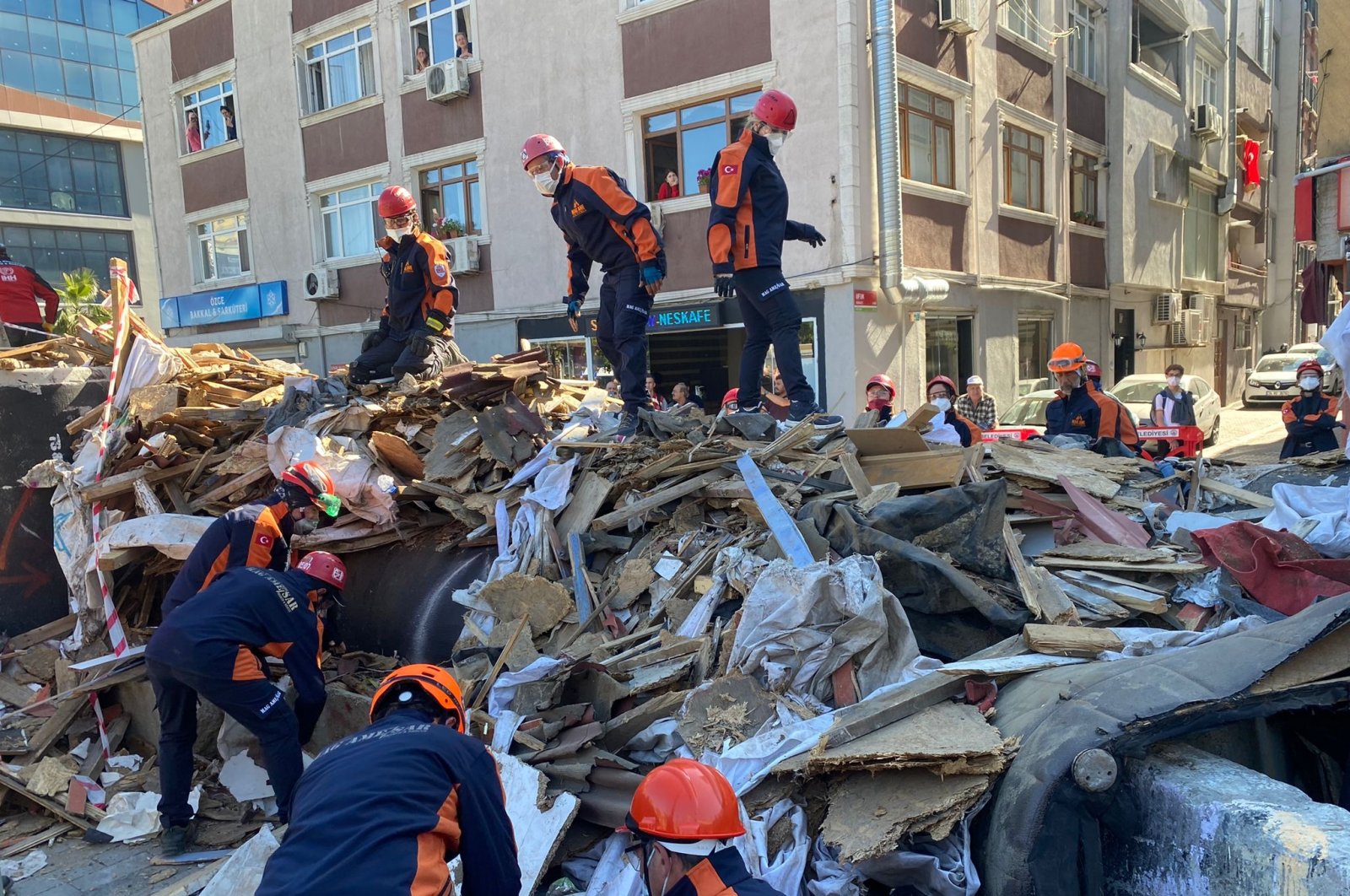Professor Naci Görür, an expert in geophysics, described part of Istanbul, Turkey’s most populous city, as being “within the bounds of hell” as he warned of a future earthquake potential.
The city which last suffered heavy damage from earthquakes in 1999 is on edge in light of repeated warnings from experts about the predicted “big tremor”, an earthquake with a magnitude of 7.0 or higher.
Görür says the region stretching from the Golden Horn to the far-flung Silivri district on the European side of the city would suffer the most earthquake damage from a fault line about 9 kilometers (5.5 miles) off the coast of the Sea of Marmara.
It indicates potential fallout along a line extending 20 kilometers from south to north.
His comments came Friday during an earthquake preparedness symposium held in Avcılar, a district on the European side where the 1999 earthquake inflicted heavy losses.
The epicenter of the 1999 earthquake was off Gölcük, a town east of Istanbul, some 80 kilometers from Avcılar. Still, the neighborhood’s old buildings succumbed to the damage. Görür said it was no coincidence, explaining that the region’s geological structure is susceptible to such disasters. “Most of the European part is under threat. Avcılar and (neighboring) Küçükçekmece districts are rich in streams and valleys and these only aggravate the impact of the earthquake. Avcılar sits on a soil composed of clay and limestone. In other words, the material on the floor is not very durable,” he said at the event.
Görür says there are no active fault lines on land, however, activity along marine fault lines could also trigger inactive ones on land. “An earthquake with a magnitude of 7.2, for example, can trigger landslides in an area from Küçükçekmece to Büyükçekmece,” he warned. The expert pointed out that a 7.0 magnitude earthquake would inflict damage equivalent to 1.8 million tonnes of explosives. “Along with cave-ins, such an earthquake would cripple infrastructure and cause fires. Thus, it is not enough to simply rebuild solid buildings as protection. The authorities should also allocate a budget for (better infrastructure),” he said.

